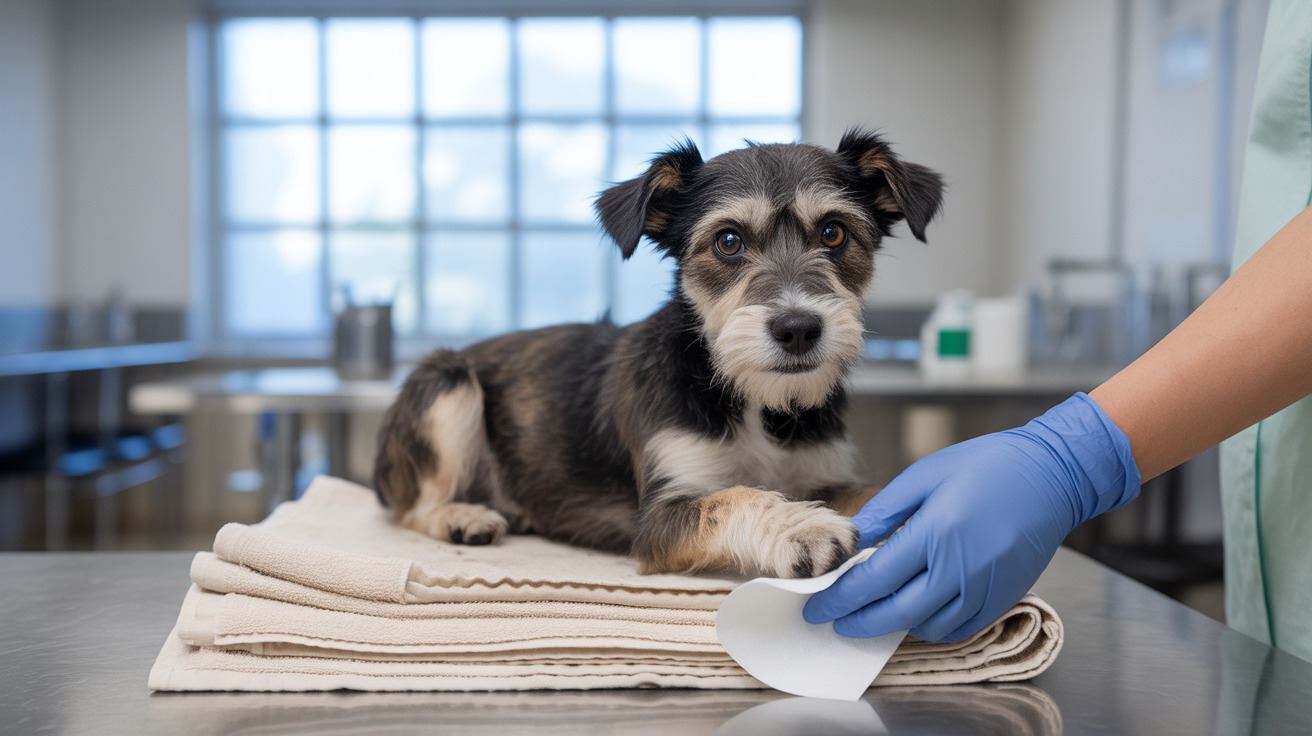When your cat starts losing weight unexpectedly, it's natural to feel concerned. Weight loss in cats can signal various underlying health issues that require attention. Understanding the potential causes and knowing when to seek veterinary care is crucial for your feline friend's well-being.
In this comprehensive guide, we'll explore the common reasons behind feline weight loss, identify warning signs, and discuss effective treatment options to help your cat maintain a healthy weight.
Common Medical Causes of Feline Weight Loss
Thyroid and Metabolic Disorders
Hyperthyroidism is a frequent cause of weight loss in older cats. Despite an increased appetite, affected cats often lose weight rapidly due to an overactive metabolism. This condition typically requires medication or radioactive iodine treatment to manage effectively.
Digestive System Issues
Gastrointestinal problems, including inflammatory bowel disease and food allergies, can prevent proper nutrient absorption. Cats may maintain their appetite but continue losing weight due to malabsorption issues. Symptoms often include diarrhea, vomiting, and changes in eating habits.
Dental Problems and Weight Loss
Dental disease is a surprisingly common cause of weight loss in cats. When cats experience mouth pain, they may eat less or stop eating altogether. Signs include drooling, bad breath, and difficulty chewing. Professional dental cleaning and extractions might be necessary to resolve these issues.
Stress-Related Weight Loss
Environmental changes, new pets, or household disruptions can trigger stress-induced weight loss in cats. Some cats may develop anxiety-related behaviors that affect their eating habits. Creating a calm environment and maintaining regular feeding routines can help manage stress-related weight loss.
When to Seek Veterinary Care
If your cat loses more than 10% of their body weight or shows sudden changes in appetite, it's time to consult a veterinarian. Early intervention often leads to better outcomes and can prevent serious complications.
Warning Signs to Watch For
- Visible spine or ribs
- Changes in eating or drinking habits
- Lethargy or behavior changes
- Vomiting or diarrhea
- Poor coat condition
Treatment Options and Management
Treatment depends on the underlying cause but may include medication, dietary changes, or lifestyle modifications. Your veterinarian will develop a tailored treatment plan based on diagnostic results and your cat's specific needs.
Frequently Asked Questions
What are the most common medical reasons my cat is losing weight despite eating normally?
The most common causes include hyperthyroidism, diabetes, inflammatory bowel disease, and certain types of cancer. These conditions can affect metabolism or nutrient absorption even when cats maintain their appetite.
How can I tell if my cat's weight loss is due to dental problems or gastrointestinal issues?
Dental problems usually show signs like drooling, bad breath, and difficulty eating. Gastrointestinal issues typically present with symptoms like vomiting, diarrhea, or changes in stool consistency. A veterinary examination can determine the exact cause.
When should I take my cat to the vet for unexplained weight loss and what tests might they perform?
Contact your vet if your cat loses weight suddenly or shows other concerning symptoms. Common diagnostic tests include blood work, urinalysis, thyroid testing, and possibly imaging studies like X-rays or ultrasound.
How can stress or environmental changes cause my cat to lose weight, and what can I do to help?
Stress can suppress appetite and alter eating habits. Help by maintaining routine feeding times, providing quiet eating spaces, and using calming aids like pheromone diffusers when necessary.
What treatment options are available for cats losing weight from diseases like diabetes or hyperthyroidism?
Diabetes typically requires insulin therapy and dietary management. Hyperthyroidism can be treated with medication, radioactive iodine therapy, or surgery. Your vet will recommend the most appropriate treatment based on your cat's specific condition.
Conclusion
Weight loss in cats should never be ignored, as it often indicates an underlying health issue. Regular veterinary check-ups, prompt attention to changes in your cat's weight or behavior, and appropriate medical intervention when needed will help ensure your cat maintains a healthy weight and quality of life.






